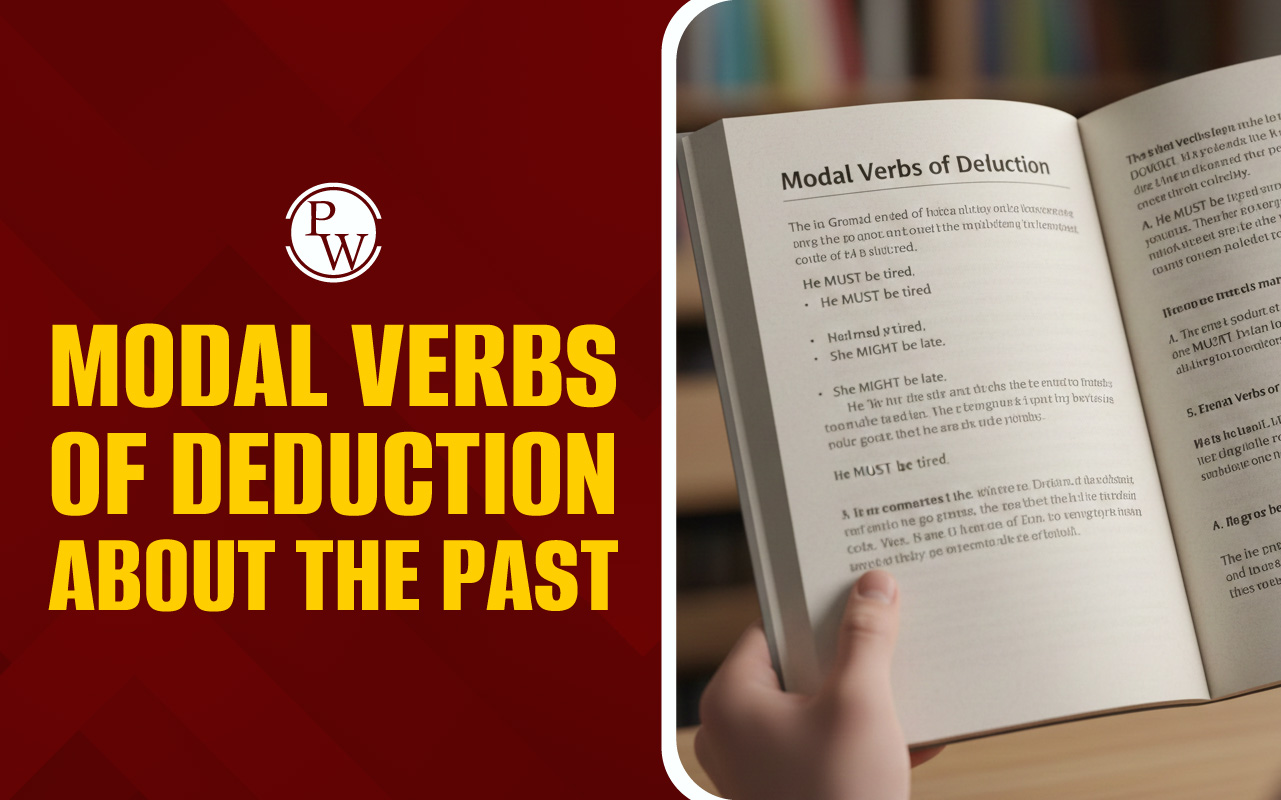
IELTS Writing TaskT 2 Essay Planning Tips: Many IELTS candidates start writing their essays without giving much thought to planning. This strategy is used by many candidates to save time. However, skipping the planning stage can lead to poorly structured responses, missed points, and lower band scores. A few minutes spent organizing your ideas can make a significant difference in your overall performance. Here, we will explore the importance of planning before you write and outline practical, strategies you can use for IELTS Writing Task 2.
IELTS Writing Task 2 Essay Planning Tips
Effective essay planning doesn't require advanced writing skills—it relies more on understanding the task and organizing your thoughts logically. Here are some essential tips to help you plan your IELTS Writing Task 2 response effectively:
1. Understand the Essay Type
The first step in planning is identifying the type of essay you're expected to write. IELTS Writing Task 2 commonly features:
-
Opinion essays (Do you agree or disagree?)
-
Discussion essays (Discuss both views and give your opinion)
-
Direct question essays (e.g., “Why is this the case?”)
Each type requires a slightly different structure. Misidentifying the question type can result in an off-topic or incomplete response.
2. Analyze the Question Prompt Thoroughly
Careful analysis of the question is critical. Many candidates lose marks because they misinterpret what’s being asked. Take time to break down the prompt:
-
Identify topic keywords (what the question is about).
-
Identify instructional keywords (what you're being asked to do).
-
Look for any qualifying language (e.g., “to what extent,” “some people think”).
3. Decide Your Position Early
Once you've identified the essay type and analyzed the prompt, choose your position. In opinion-based or argument essays, this step is crucial for clarity. Your stance should be consistent throughout the essay, especially in the introduction and conclusion.
Avoid indecisiveness. A clear and strong position helps create a more focused and coherent essay.
IELTS Writing Scoring, Marking Scheme and Score
4. Brainstorm Supporting Points
Spend two to three minutes generating ideas that support your position. Aim for two clear main points for a balanced four-paragraph structure (introduction, two body paragraphs, and conclusion).
Ask yourself:
-
What examples or reasons support my argument?
-
Are these ideas relevant to the topic?
-
Can I explain them clearly in a paragraph?
If your ideas are vague or too complex, reconsider or simplify them.
Example Brainstorm for an Opinion Essay:
Topic: Government funding for public transport vs. roads
Position: Support public transport investment
-
Public transport reduces traffic congestion
-
Environmentally friendly and reduces carbon emissions
IELTS Writing Tips, Strategy, and Practice
5. Organize Your Ideas Logically
Once you've chosen your points, decide on the order of presentation. A common structure for a two-body-paragraph essay looks like this:
-
Introduction: Paraphrase the question, state your position
-
Body Paragraph 1: First supporting point + example
-
Body Paragraph 2: Second supporting point + example
-
Conclusion: Summarize your stance and main points
This logical progression helps with coherence and cohesion, two key marking criteria in IELTS.
6. Develop Paragraph Structures in Your Plan
You don’t need to write full sentences while planning, but noting down the topic sentence, supporting details, and a potential example for each paragraph will guide your writing and reduce pauses during the exam.
Body Paragraph Template:
-
Topic Sentence (introduce main point)
-
Explanation (expand on the idea)
-
Example (real-world or hypothetical)
-
Link to question (tie back to your opinion)
Doing this during the planning phase ensures each paragraph has a clear purpose and flow.
100 IELTS Essay Questions, Types, Preparation Tips
7. Time Your Planning Wisely
You’re given 40 minutes for Writing Task 2. Spend the first 5-7 minutes planning, the next 30 minutes writing, and the final 3-5 minutes reviewing and correcting your work. Many candidates fear losing writing time by planning. In reality, a well-organized plan makes the writing process faster, with fewer corrections needed later.
8. Use Simple Language in the Plan
Keep your planning notes brief. Use keywords, short phrases, arrows, or bullet points—whatever format works best for you. The goal is to make your writing time more efficient, not to draft full sentences in advance.
9. Consider Counterarguments (When Relevant)
For discussion or advantage-disadvantage essays, it's often necessary to present both sides of an argument. Think of one strong point for the opposing view, and address it respectfully, especially if the question asks you to discuss multiple perspectives. You can also include a short rebuttal in the same paragraph to strengthen your own position.
Also Read:
- IELTS Writing Task 1
- IELTS Writing Task 2
- IELTS Writing Task 2 Sample Answer, Tips and Mistakes to Avoid
10. Practice Planning with Different Prompts
The more you practice planning, the faster and more natural it becomes. Use a range of IELTS Writing Task 2 prompts and challenge yourself to plan within 5 minutes. Focus on:
-
Accurate identification of essay type
-
Clear stance and supporting points
-
Logical organization
This not only prepares you for the exam but also improves your critical thinking and time management.
Guidance of PW IELTS
Physics Wallah offers multiple online IELTS courses for all students. Follow the IELTS pages to better prepare for the exam.
| What is IELTS Exam? | Documents Required for IELTS Registration |
| IELTS exam eligibility requirements | IELTS Exam Fees |
| IELTS test results | IELTS Exam Pattern |
IELTS writing task 2 essay planning tips FAQs
Why is planning important in IELTS Writing Task 2?
How much time should I spend planning my essay?
Do I need to plan every paragraph in detail?
What if I change my mind after planning?
Can planning help improve grammar and vocabulary?







